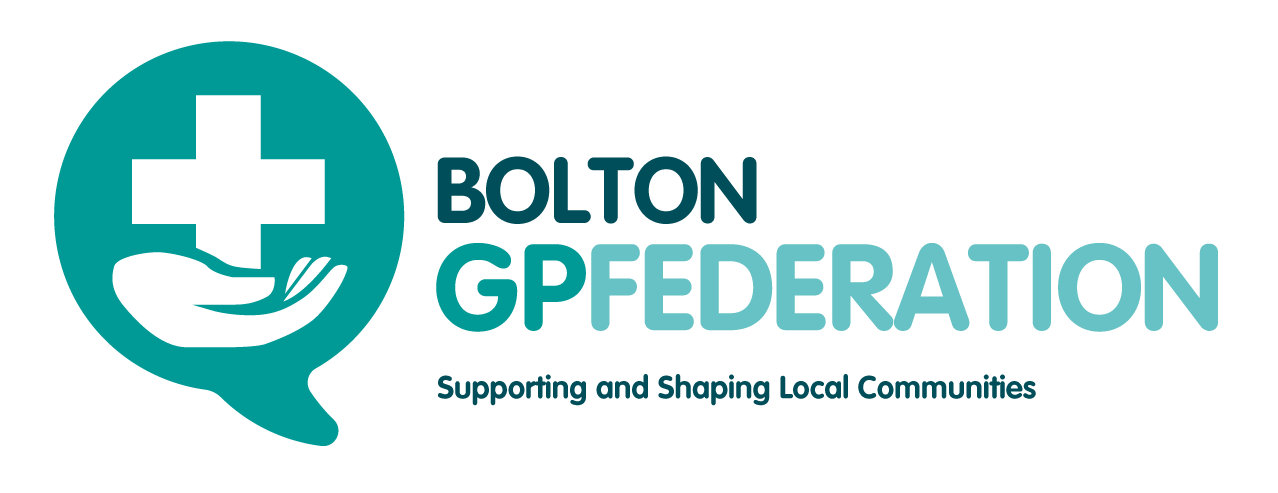Supporting Someone?
Experiencing cancer can be an emotional journey filled with many highs and lows. This holds true for both the person with cancer and their loved ones.
When a loved one is diagnosed with cancer, you may experience a range of emotions that can fluctuate. Some days may be good, while others may be filled with fear and worry.
During the challenging time of taking care of someone with cancer, it’s natural to feel like you should ignore your own feelings and focus solely on the person who is ill. However, it’s important to remember that ignoring your own feelings can have adverse effects on your well-being. Therefore, taking care of yourself and paying attention to your emotions is essential. This self-care can help you be a better support system for the person with cancer, as you will be better equipped to handle the stress and challenges that come with taking care of them.
This link provides guidance on coping with common feelings when a loved one is diagnosed with cancer.
What is a carer?
You are a carer if you give any unpaid help and support to someone with cancer who could not manage without your help. This includes a partner, family member, friend or neighbour.
You may not see yourself as a carer. You may think you are just helping out. Recognising you are a carer can be an important step in getting the support you need.
Yearly health check
Being a carer for someone can mean?
- Giving emotional support.
- Helping with everyday tasks.
- Driving them to appointments.
- Talking to other people on their behalf, such as health and social care professionals.
- Helping with personal care such as washing and shaving.
Coping with being a carer
Every caring situation is different. Your responsibilities will depend on what the person needs and what you are able to offer. You may be sharing these responsibilities with family or friends, or you may be the main carer.
Being a carer can be rewarding. But the physical and emotional demands can be difficult. You might have a lot of different feelings, such as sadness, anger, guilt and loneliness.
You may have to balance caring with other things, such as working and other relationships. Getting support and having someone you can talk to about how you feel might help you cope.
Carers Assessments
As an unpaid carer, you are entitled to a statutory carers assessment from the local council in the area you live in. A carers assessment is free and anyone aged 18 and over is entitled to one. It might recommend things like:
- someone to take over caring so you can take a break
- gym membership and exercise classes to relieve stress
- help with taxi fares if you don’t drive
- help with gardening and housework
- training how to lift safely
- putting you in touch with local support groups so you have people to talk to
- advice about benefits for carers
If you’re a parent or carer of a child, you would need to contact Children’s Services.
For more information about a Carers Assessment, you can contact Bolton Council Early Intervention Team on 01204 337860.
Local Support
Bolton Carer’s Support
If you look after a relative, partner or friend of any age, who needs help due to a physical or mental illness or disability, frailty or an addiction, then you are a carer. For more information and support visit Bolton Carer’s Support below.
Bolton Council Independent Living Team
Maintaining independence is a priority for many people, and they would rather take care of themselves at home than move into alternative housing and care. Fortunately, there are certain adaptations you can make to your home that may help you maintain your independence.
How can the service help?
- Provide advice and information
- provide or loan a range of equipment
- Telecare
- Modifications/adaptations to your home enabling you to maintain your independence and safety
- Home Support Reablement – If you require more physical support or care that will lead to your independence
For more information on maintaining independence follow the link: Supporting independence for disabled people – Bolton Council
